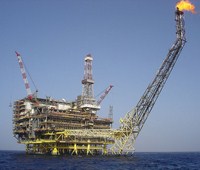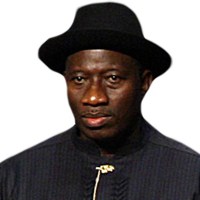
While details remain uncertain about who started the fighting and exactly who did what to whom, last week saw a marked escalation in rhetoric and violence between mostly Sunni Arab protesters and Iraqi government forces under Prime Minister Nouri al-Maliki’s control. Peaceful protests turned into armed camps. Dozens were killed in the most intense clashes with security forces since Iraq’s virtual civil war in 2006-2007. The Iraqi state is today much better equipped to hold its own against armed adversaries than it was six or seven years ago, when the U.S. played a crucial role in ending sectarian fighting, not […]





